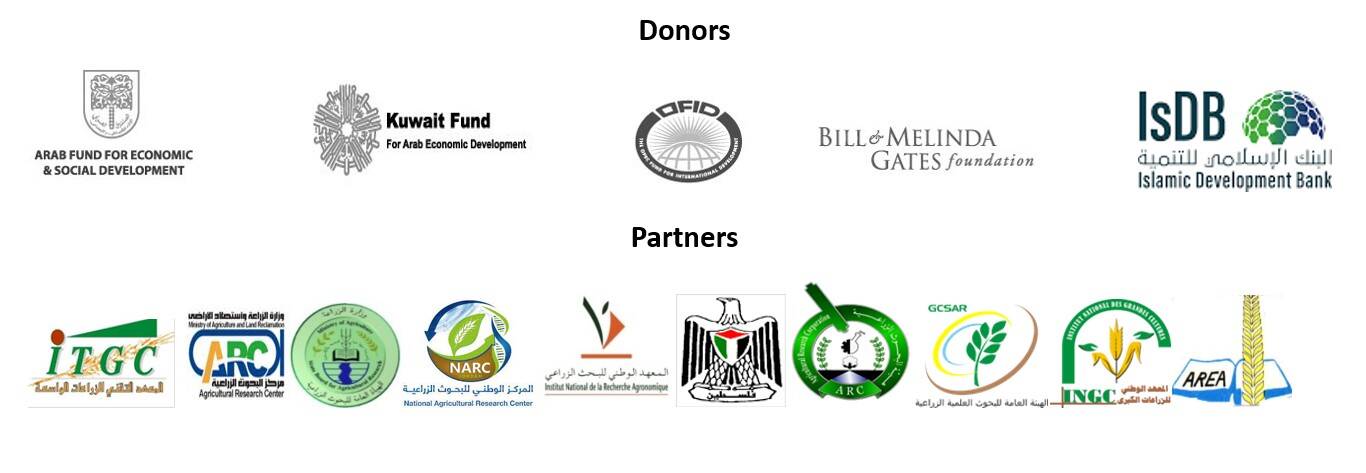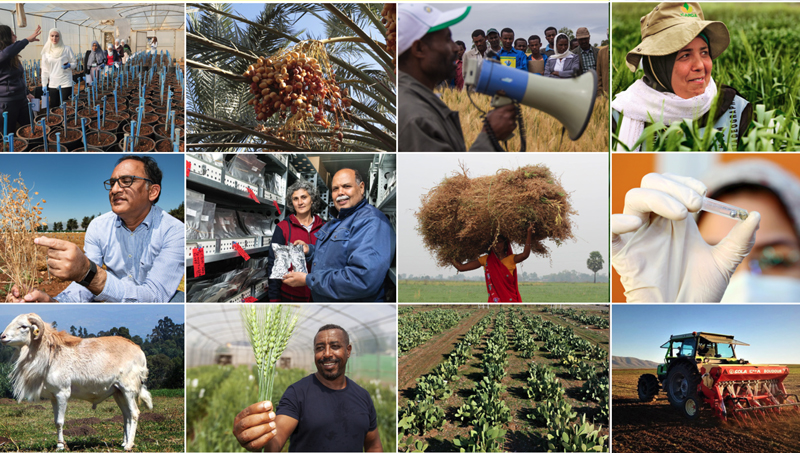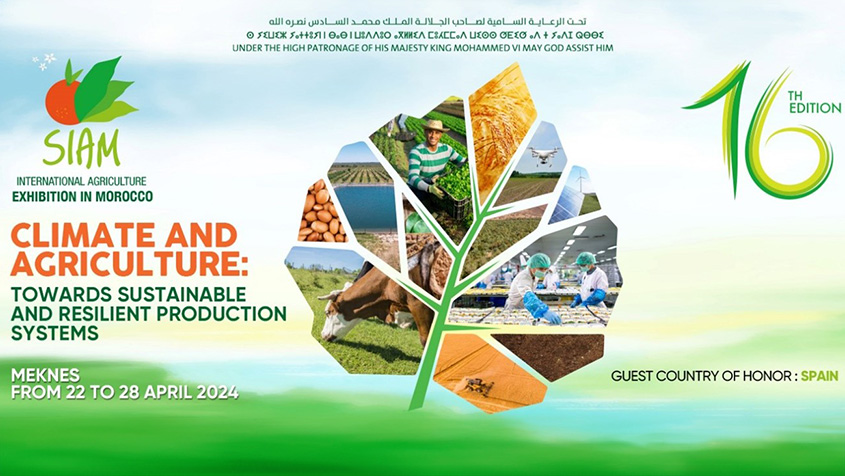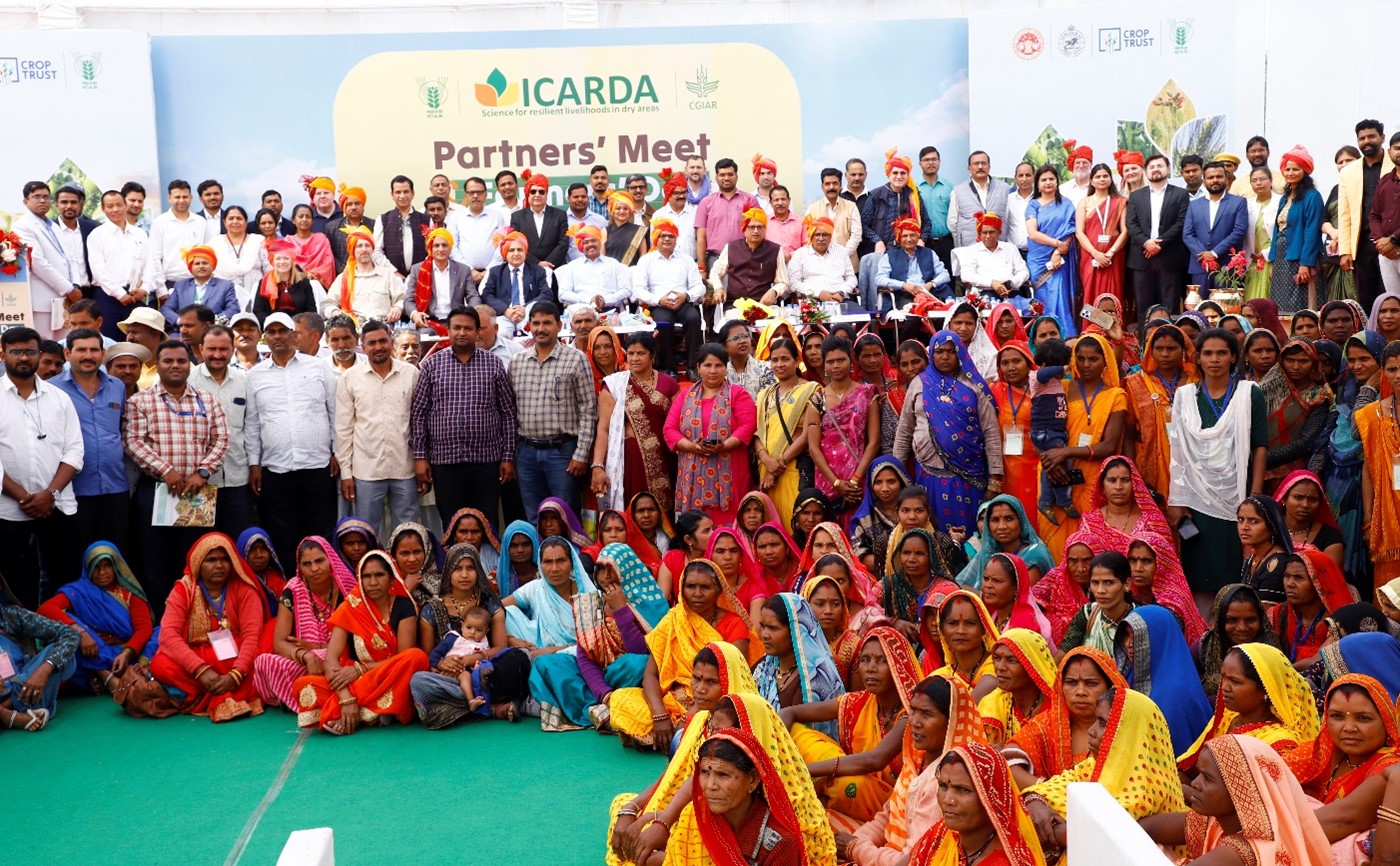A Monumental Food Security Project Concludes after 12 Years
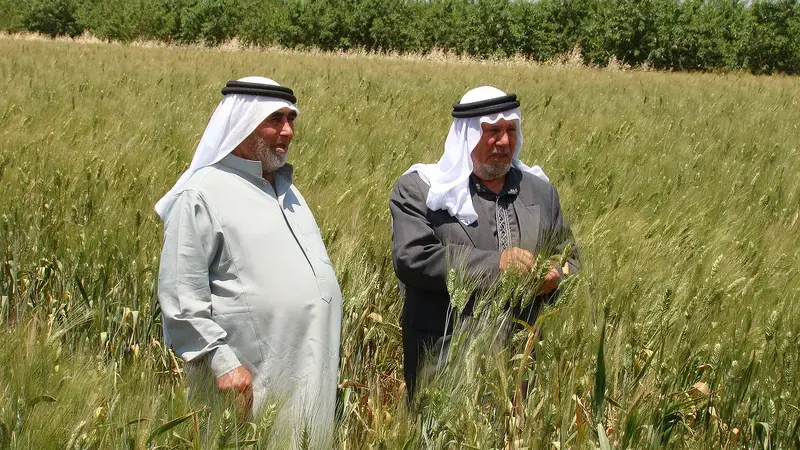
In a remarkable testament to regional collaboration and agricultural innovation, the Enhancing Food Security in Arab Countries project has drawn to a close after three transformative phases spanning the years 2011 to 2023. The different phases of the project were supported by five donors (AFESD, OFID, KFAED, IsDB, and BMGF).
On 30 November – 1 December 2023 – ICARDA convened a closing workshop in Tunis, Tunisia, to discuss the impact of this ambitious research initiative, undertaken across ten Arab countries.
ICARDA, alongside agricultural research institutes in Algeria, Egypt, Iraq, Jordan, Morocco, Palestine, Sudan, Syria, Tunisia, and Yemen, joined forces to tackle the pressing issue of cereal import dependency that has plagued the Arab world. The project aimed to develop sustainable solutions to raise wheat productivity and reduce reliance on external sources, ultimately bolstering food security for the Arab countries involved.
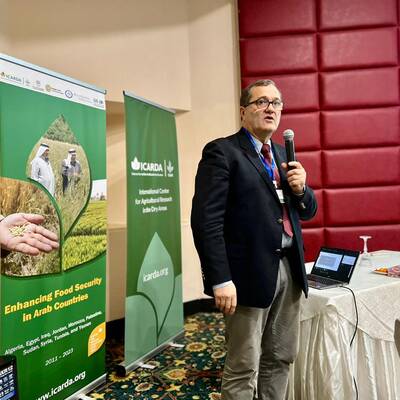
“An expansive project spanning 12 years and 10 countries. One of ICARDA's most significant initiatives. Its remarkable outputs possess the potential to greatly influence national policies when scaled up." – Dr. Michael Baum, Acting Deputy Director General, and Research Team Leader, ICARDA
Over the course of the project, numerous strategies were employed, tailored to rainfed, supplemental, and full irrigation production systems, which led to a remarkable 29% increase in wheat productivity, reaching up to 66% in certain countries. Barley and food legume production also improved significantly. Addressing seed availability, high-quality seed crop varieties were produced in four countries, ensuring a sustainable supply. Water-saving methods, such as raised bed planting, sprinkler irrigation, and drip irrigation, contributed to increased yields and improved water use efficiency in several countries.
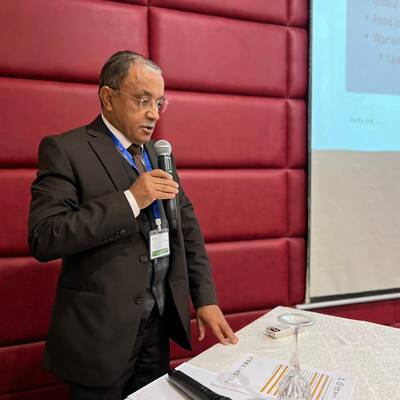
"After a project concludes, it is our responsibility to determine whether we sustain its impact or allow it to fade away. With significant achievements already made, we are determined not to let our efforts go to waste." - Professor Mondher Ben Salem, Director General, INRA-Tunisie
Smart farming, including Short Messaging Service (SMS), facilitated irrigation scheduling and resulted in a 36% increase in wheat yield in Tunisia. Conservation agriculture (CA) showcased higher productivity compared to conventional methods, benefiting wheat, barley, and vetch farmers. Capacity development initiatives trained over 128,000 individuals, with a focus on farmers, and supported the education of young scientists through the Young Agricultural Scientist Program (YASP).
Studies assessing the project's impact in Egypt, Sudan, Jordan, Tunisia, and Morocco revealed high adoption rates of innovative practices, ranging from 48% to 87%. Improved varieties were widely adopted, reaching 90% in some areas. These practices not only increased productivity but also improved farmers' livelihoods, income generation, and food security while reducing import dependency and conserving natural resources. In the five countries studied, over 2 million people directly benefited from the innovations.
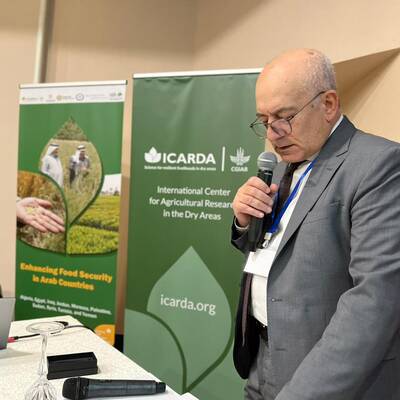
“We extend our heartfelt gratitude to ICARDA and country partners for their exceptional work and dedication in advancing agricultural research and development.” - Dr. Youssef Mohieldin, Head, Programs and Studies Division, AFESD
Looking ahead, it is imperative to sustain the momentum generated by the project and build upon its achievements. Continued investment in research and development, capacity building, and knowledge sharing will be crucial to further enhance agricultural productivity and food security in the Arab countries. By adopting and scaling up the proven practices and technologies introduced by the project, the region can continue the path towards achieving long-term self-sufficiency in wheat production and reducing its reliance on imports.
The Enhancing Food Security in Arab Countries project serves as an inspiring model for other regions grappling with similar challenges. Its success demonstrates that with dedication, collaboration, and a commitment to innovation, it is possible to overcome food security hurdles and ensure a sustainable and prosperous future for all.
